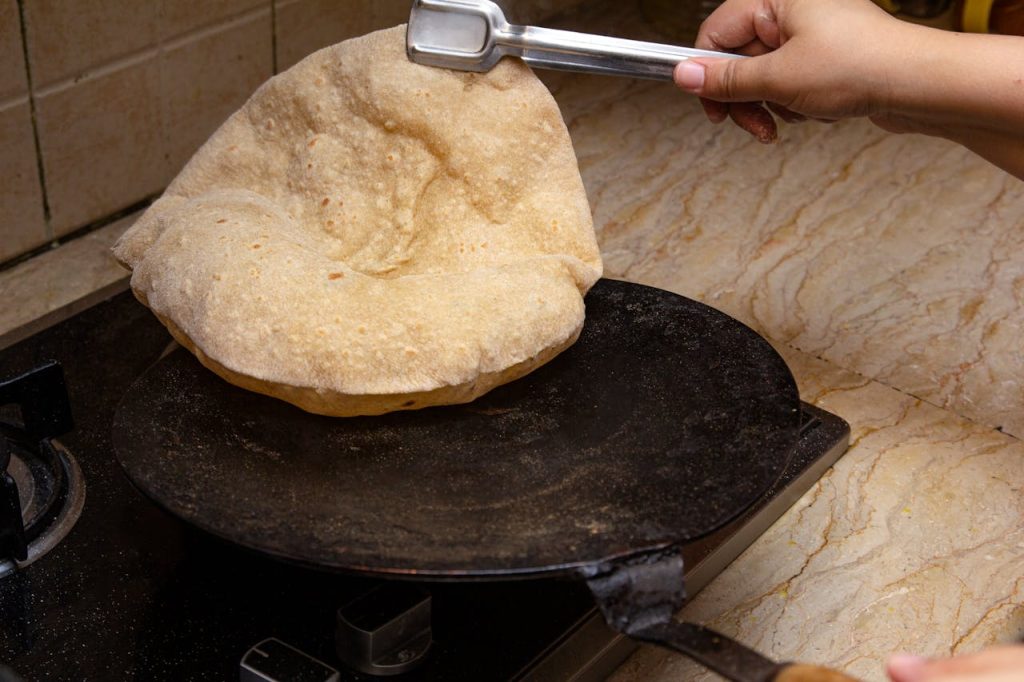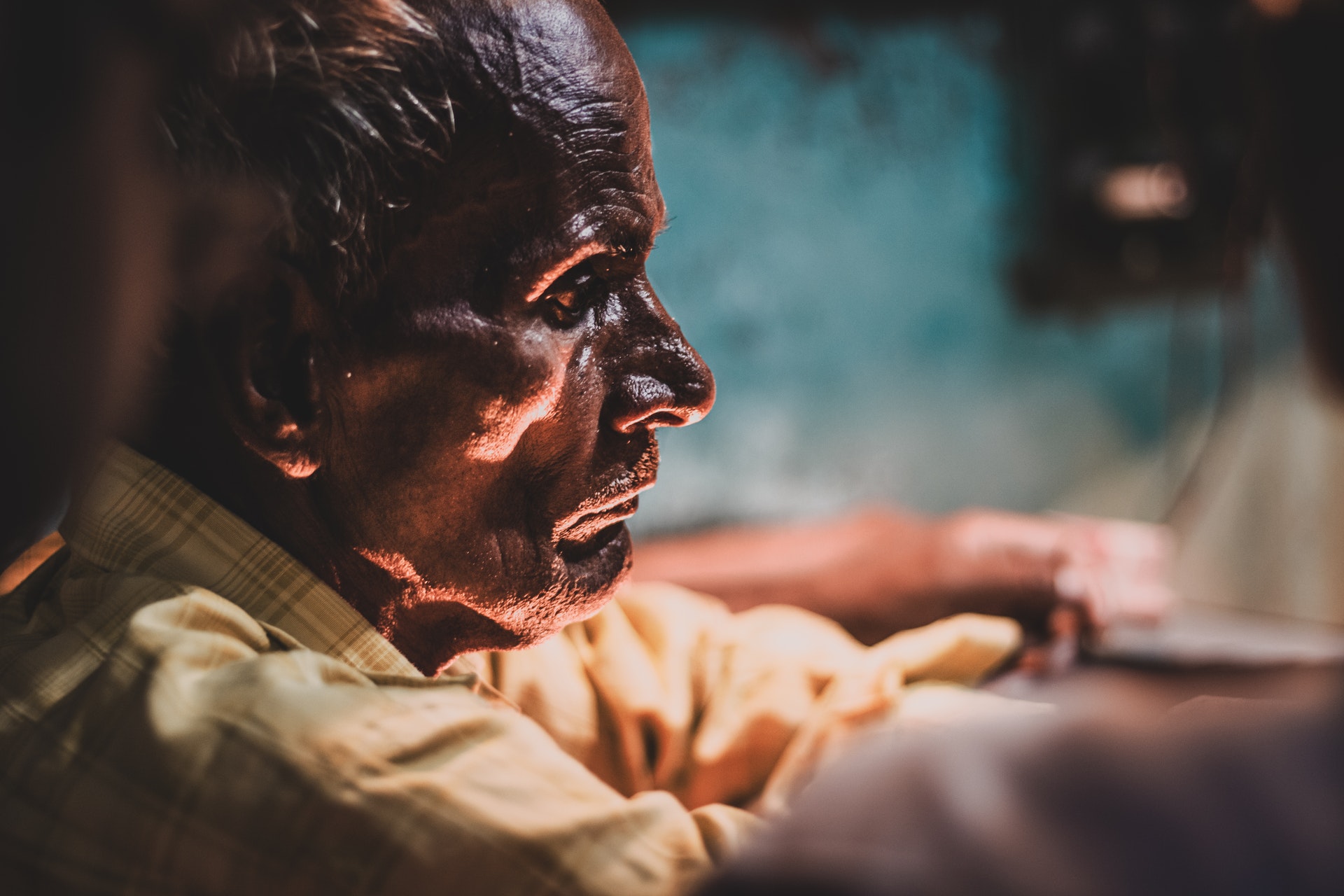It takes us back to the 1950s. We were in school then, and going to a restaurant was almost unheard of. Except for a few big cities, small towns hardly had any restaurants. When someone had to travel for work, they would usually stay with relatives. Many businessmen had their own guest houses or “gaddis,” where visiting traders could stay — and food was also arranged there. In some places, community kitchens called ‘baasa’ served wholesome, home-style meals at very little cost.
Then came the 1960s. In our college days, we visited restaurants only on special occasions — a friend’s birthday or a rare treat. But otherwise, we always ate at home. Gradually, times changed. When we started working away from our hometowns, we began staying in hotels instead of relatives’ houses, and naturally, that meant eating outside food.
Today’s world is altogether different. Young people now live alone — away from families, busy with jobs and careers. Their food is ordered through apps like Zomato and Swiggy, delivered to their doorsteps. Lack of time and convenience have replaced the warmth of the home kitchen.
But this new lifestyle has taken a toll on health. Life expectancy may have increased, but healthy living has declined. Serious illnesses like hypertension, diabetes, obesity, and heart attacks are now striking even in youth. Early deaths are becoming more common — perhaps nature’s reminder that home-cooked food was the real medicine we forgot.
There is also a deeper social concern. A powerful post recently went viral on social media — “The Silent Kitchen – A Cultural Warning from America to India.” It explained that when the kitchen goes silent, families begin to fall apart. America stands as a stark example.
According to that post, in 1971, about 79% of American adults lived in family households. Today, it is only around 20%. Divorce rates have risen, loneliness has spread, and mental health problems are soaring. When the kitchen fire stopped burning, the warmth of togetherness faded away.
Now look at Japan. There, families still cook at home and eat together — and it’s no coincidence that the Japanese enjoy the world’s longest life expectancy. For them, food is not merely a physical need, but an emotional and cultural bond that holds the family together.
Indian culture, too, has always revered food. Our scriptures say, “Annam Brahma” — food itself is divine. Home-cooked meals nourish not just the body but also the mind and spirit. When a mother or wife serves food with love, she serves more than taste — she serves affection, comfort, and belonging.
It is, therefore, our responsibility as elders to remind the younger generation of this truth. Let us not allow our kitchens to go silent. Let us revive the tradition of cooking and eating together. It is not just about health — it is about preserving our culture, our values, and our bonds.
There was a time when dining together was the happiest moment of the day. There was laughter, conversation, and the sharing of daily joys and worries. That was more than a meal — it was family time, a time that connected hearts.
If we can bring that back, we will not only improve health but also restore love, unity, and peace within our homes.
Our humble advice as seniors is this —
Do not let your kitchen go silent.
In home-cooked food lies not just taste, but the sweetness of life itself.
Let us take this pledge —
We will keep our kitchens alive!
Because home food is true nourishment — and home togetherness is true living.
Author

The author is the founder of the Never Say Retire mission. In order to achieve this goal, he also runs this website and his Facebook group Never Say Retire Forum has Hundreds and Thousands of members today.




